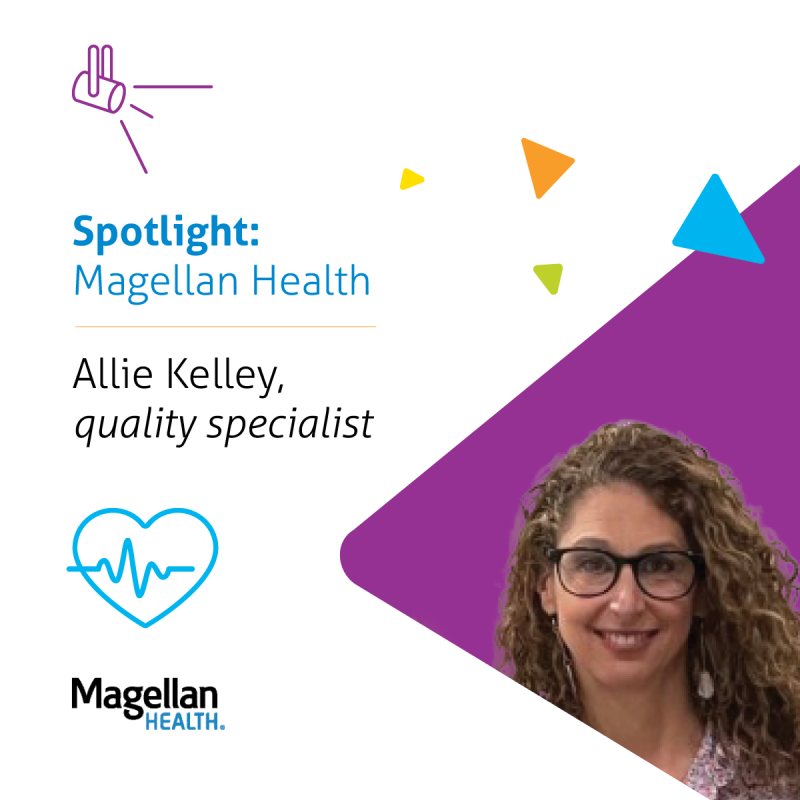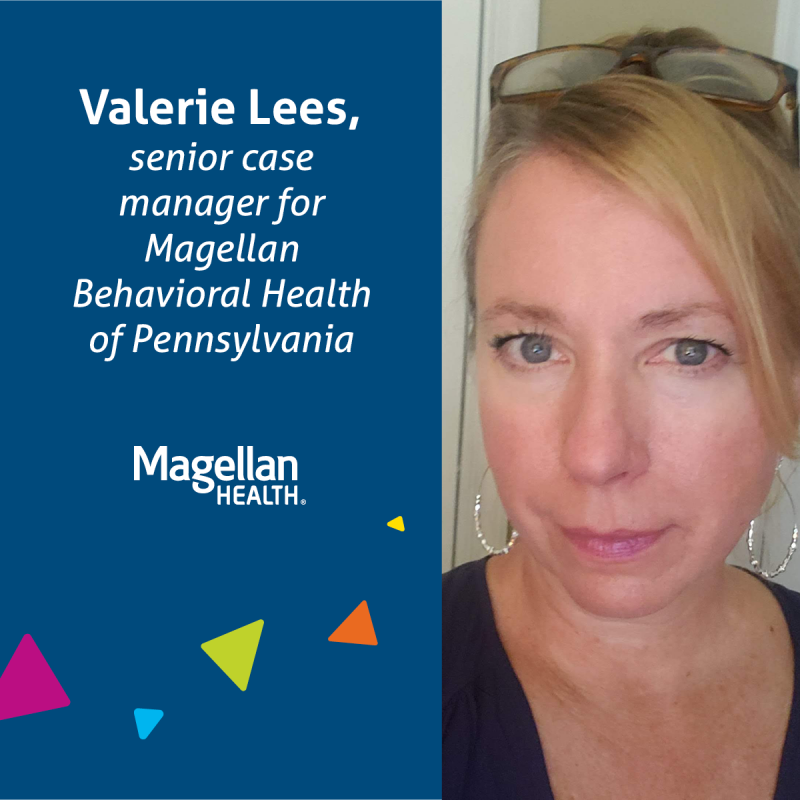Five Ways to Survive ‘Sports Fan Depression’
The National Football League’s 58th Annual Super Bowl ended with a winning team and fans who might be recovering from a tough season. Whether you’re an athlete or a fan watching sporting events in person or at home, the competitive nature of sports can be both exhilarating and heart-wrenching. However, what happens when the passion felt for the game triggers emotions such as sadness or depression? In this interview with Magellan Federal’s Performance Coaching Manager Meg Helf, M.S., CMPC®, we explore the concept known as “sports fan depression.”
What is Sports Fan Depression and is it a real diagnosis?
Meg Helf: Although Sports Fan Depression is not an official diagnosis in the Diagnostic and Statistical Manual of Mental Disorders (DSM-5-TR), many of us are all too familiar with the emotional rollercoaster that comes along with being a fan. Reactions to any number of life events can linger and develop into diagnosable depression, prolonged grief disorder, or an adjustment disorder with depressed mood. Just as we experience grief with the loss of a relationship or a loved one, a job or an opportunity, we may experience grief at the end of a season or when our favorite team comes up short.
For sports fans, acute grief is that initial intense feeling after a loss takes place. This may manifest in a range of complex feelings such as sadness, anger, frustration, and disappointment, which often isn’t discussed in the context of sport. When this grief is experienced for extended periods of time and starts to impact our daily functioning (e.g., work, eating habits, sleep, relationships), we might be experiencing what many call Sports Fan Depression.
What is it about sports that can trigger this feeling?
Helf: There are several reasons that sports can trigger these feelings. Fans make emotional, psychological, physical, and sometimes financial investments in their teams. There are a plethora of ways that sports can impact our wellbeing: sports can be integral to one’s identity, sports can drive our daily activities, and, sports have the ability to create communities and develop relationships.
The more someone identifies with their team the stronger they may feel loss about the outcome of the game or result of the season. These events can feel like a blow to our personal identity when we have a sense of pride and belonging. Despite superstitions and lucky shirts, socks, and routines, fans have a lack of influence and impact on the outcome of the game. This may set many up with unrealistic expectations and add a sense of helplessness. A player on the field has the ability to distinguish what went well, identify what they and the team need to develop, and maintain a future focused growth mindset regardless of the outcome. With less control, it is understandable that fans struggle with optimism because they cannot take any action to make the desired change.
For some, being a fan is a part-time (or full-time!) job. Between watching games, competing in fantasy leagues, and researching statistics, our daily lives are filled with something that we are passionate about. Similarly to how some marathon runners experience the “post-race blues,” when a season is over, we may feel a loss for all the time we invested and feel like a large part of our daily excitement and activities are missing. As the season comes to a close, that taste of the adrenaline, tension, energy and anticipation of each game fades and may leave us wanting.
Fans also rarely go it alone. Our favorite team has the ability to connect people, both friends and strangers alike. Fans connect across time zones for draft parties and engage in banter through fantasy leagues, spend hours tailgating before a game, and gather for watch parties. Families strengthen bonds, adorning newborns in gear and creating traditions. Strangers high-five. They hug. They share food, drinks and handwarmers. Even opposing fans engage in playful banter and share stories. Entire cities come together to support their team. We win together. We lose together. And when the season is over, we are losing these opportunities for such a meaningful part of life – connection to others.
How can someone identify if they suffer from this condition?
Helf: A couple of symptoms experienced with depression are diminished interest or pleasure in activities, depressed mood, significant unintentional weight gain or loss, insomnia or sleeping too much, fatigue or loss of energy, feelings of worthlessness or excessive guilt, and diminished ability to think or concentrate, or indecisiveness. Prolonged grief symptoms are intense emotional pain, loss of identity, difficulty moving on with life, emotional numbness, feeling that life is meaningless, and intense loneliness.
Individuals should build self-awareness about the intensity and duration of their symptoms, and the impact they have on their daily lives. Tap into your thoughts. Are they pervasive? Is the loss of the game bleeding over to other areas of your life? Be purposeful with your next steps and be on the alert for destructive or non-productive patterns that may not help you (e.g., alcohol, adrenaline/thrill seeking, substance abuse, risk-taking).
What are steps someone should take if they believe they have Sports Fan Depression?
Helf:
- Make some intentional time to mourn the loss and build self-awareness of when intrusive thoughts creep in so you can shift to more productive, optimistic style thinking.
- Expand your identity – who are you outside of being a loyal, avid fan?
- Develop and maintain healthy habits – make time to move your body, prioritize healthy eating, hydration, and sleep. These habits are always crucial, but especially helpful for individuals who are struggling.
- Cultivate connections with others – reconnect with your fellow fans in a different context and develop new communities. Diversify your portfolio on interests and discover activities that generate positive emotions and engagement.
- Unplug from your fandom. Clear your head and provide an opportunity to get a little emotional distance from the season. Taking time for yourself will sow benefits for you and those around you. If the post-season funk stays around for longer than 2-4 weeks, find a professional to talk to or take a depression screen.
It’s important to understand that it is perfectly natural to have emotional highs and lows when you are so connected and invested with a specific sports team. Just because you experience some grief, sadness, or disappointment does not mean you have depression. It is typical to have reactions when any season changes and normal to reset your compass.
Perhaps consider why you watch sports in the first place. Is it the appreciation of athletic prowess? The comradery and connection with others? Pride in your town? Understanding what is most important to you can help you squeeze every ounce of enjoyment and excitement out of the game, while arming you with strategies to cultivate your wellbeing.
For more information on depression screenings and tips on wellness, please check out: The Journey to Wellness: Do I need a Depression Screening?
And remember…there is always next season!
Resources
Online screens and helplines:
- Anxiety & Depression Association of America: (1)
- The Reach Institute (2)
- Mental Health America (16)
- Veteran’s Administration (17)
- SAMHSA National Helpline: 1-800-662-4357
- NAMI Helpline: 1-800-950-6264

